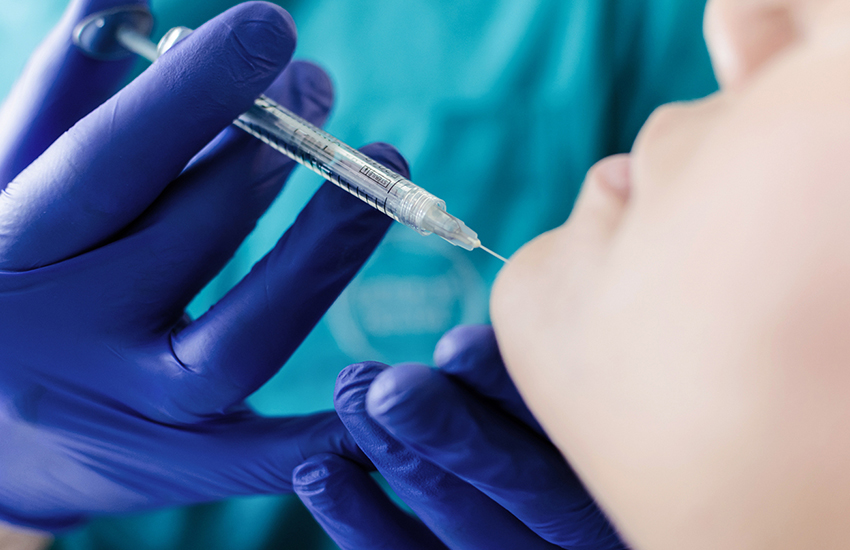
Dental Injectables
The team at Ai Dental are experts in the anatomy of the face, mouth and head with our extensive dental training. We continue this high standard of treatment when it comes to injectables for TMJ. TEMPOROMANDIBULAR JOINT DISORDER (TMD) is a condition that affects the function of your jaw joint and muscles that support it.
Your temporomandibular joint (TMJ) is a hinge on both sides of your lower jaw that connect to the temporal bone of the skull via muscles and ligaments. It allows you to move your jaw freely so you can chew, talk and yawn.
Causes of TMD are multifactorial but common causes includes stress, dental bruxism (teeth grinding), sleep issues, incorrect bite, acute traumatic injury and arthritis in the joint. Commonly it can be a non-painful clicking or popping noise of the joint during opening and closing of the mouth. However, left untreated it may cause pain or tenderness in the head and neck, tooth aches, jaws that gets “stuck” open, worsening of the clicking sound in the joint, and troubled and uncomfortable chewing.
There are many treatment options for TMD depending on the cause of the disease. Usually a dental splint, or nightguard, is custom made to help the muscles relax and support the jaw joint in a comfortable position. This allows healing to happen within the jaw joint itself and prevent further damage from teeth grinding habits. Sometimes cosmetic injectables may also be administered to relax the muscles involved with closing the jaw to reduce stress on the jaw joint. In cases of arthritis and degeneration of the jaw joint, surgery with a oral surgeon specialist may be needed.
Cosmetic injectables are used to address common pain issues located in the jaw, neck and head. They are advantageous for patients who suffer from debilitating migraines and TMJ disorders. Muscle Relaxers can provide immediate relief for TMJ sufferers as well as restoring normal facial expressions that may have been affected. To maintain optimal results, Ai Dental recommends that you keep up the treatment for TMJ every 3-4 months. Combining this with your regular hygiene appointment is a great way to stay on top of your oral health.
